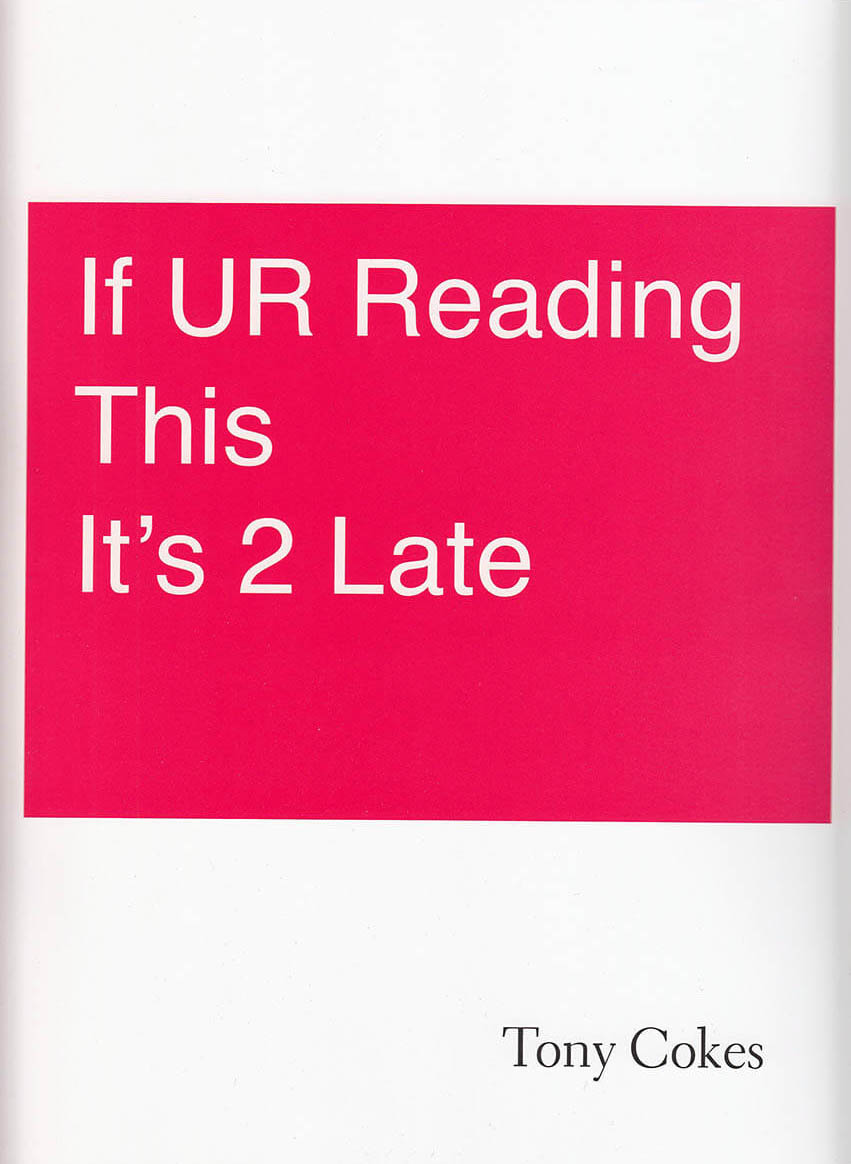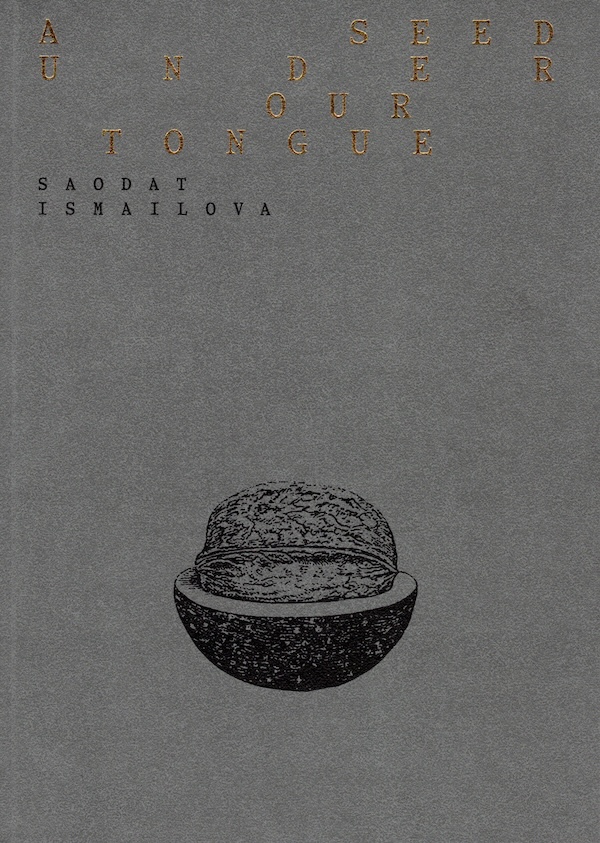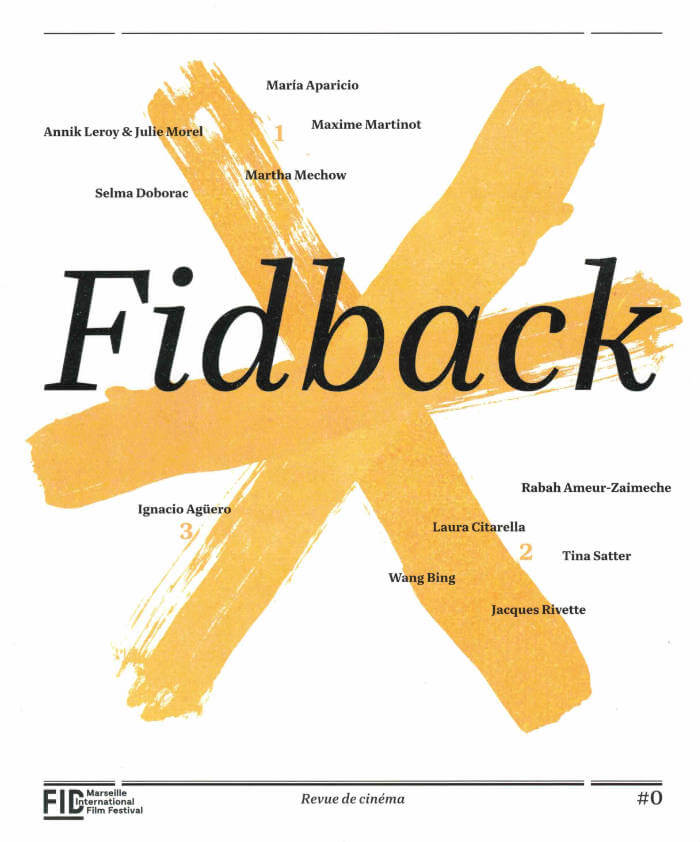A daring novel, once widely censored, about the scrappy, harrowing, and inventive lives of Rome's unhoused youth by one of Italy's greatest film directors.
Boys Alive, published in 1955, was Pier Paolo Pasolini's first work of fiction and it remains his best known. Written in the aftermath of Pasolini's move from the provinces to Rome, the novel captures the. hunger and anger, waywardness and squalor of the big city. The life of the novel is the life of the city streets; from the streets, too, come its raw, mongrel, assaultive language. Here unblinkered realism and passionate lyricism meet in a vision of a vast urban inferno, blazing with darkness and light.
There is no one story to the book, only stories, splitting off, breaking away, going nowhere, flaming out, stories in which scenes of comic debacle, bitter conflict, wild joy, and crushing disappointment quickly follow. Pasolini's young characters have nothing to trade on except youth, and the struggle to live is unending. They loot, hustle, scavenge, steal. Somehow money will turn up; as soon as it does it will get spent. The main thing, in any case, is to have fun, and so the boys boast and vie, the desperate uncertainty of their days and nights offset by the fabulous inventiveness of their words. A warehouse heist, a night of gambling, the hunt for sex: The world of Boys Alive is a world in convulsion where at any instant disaster may strike.
Tim Parks' new translation of Pasolini's early masterpiece brings out the salt and brilliance of a still-scandalous work of art.








